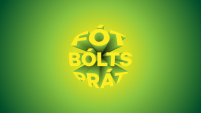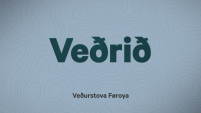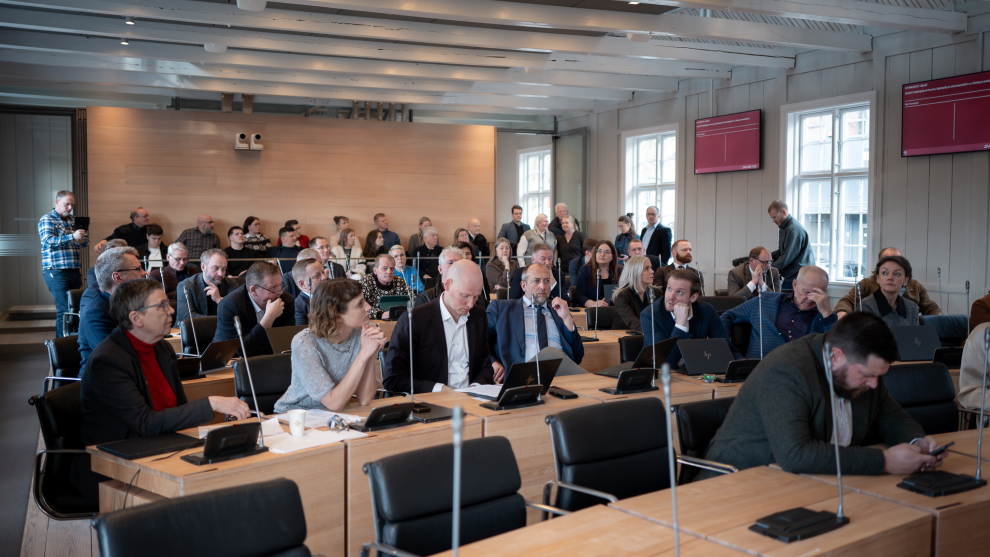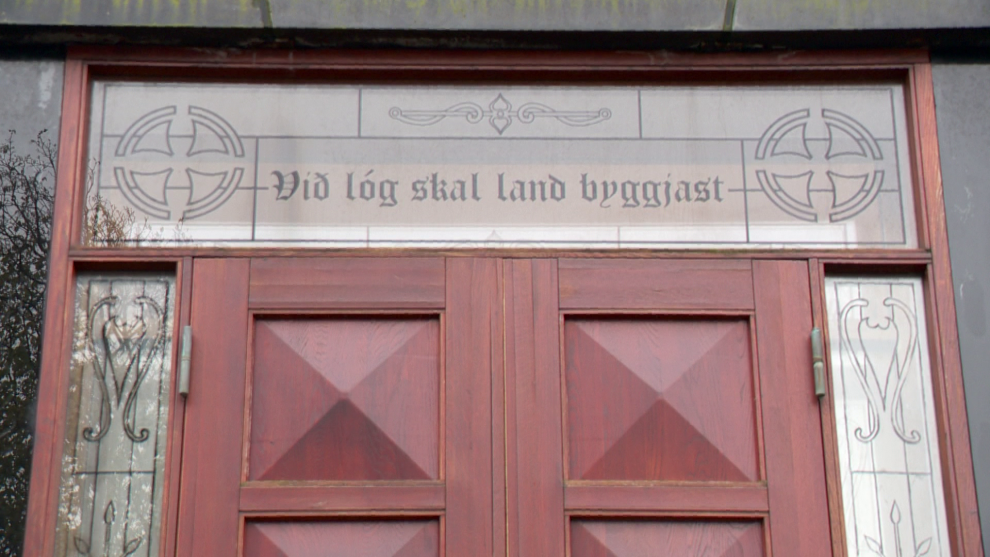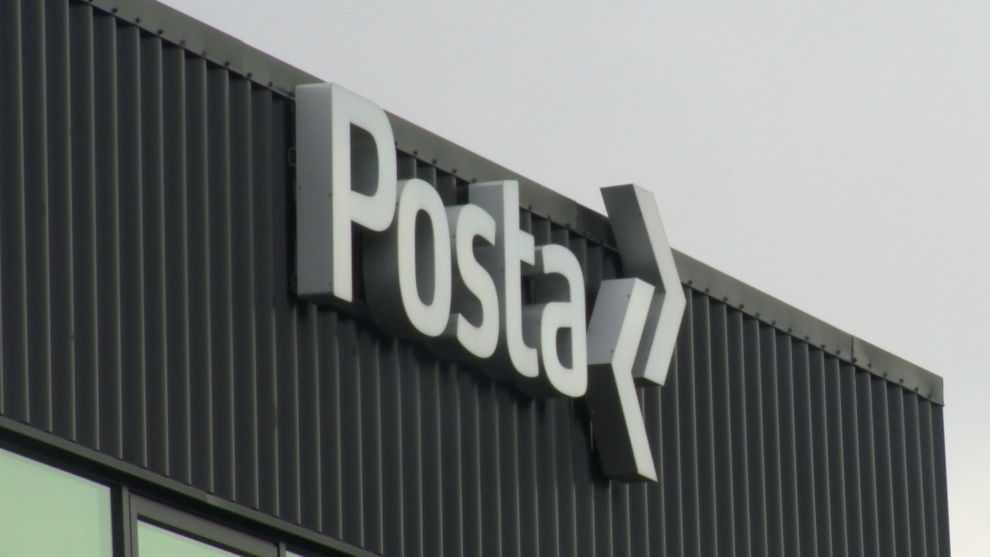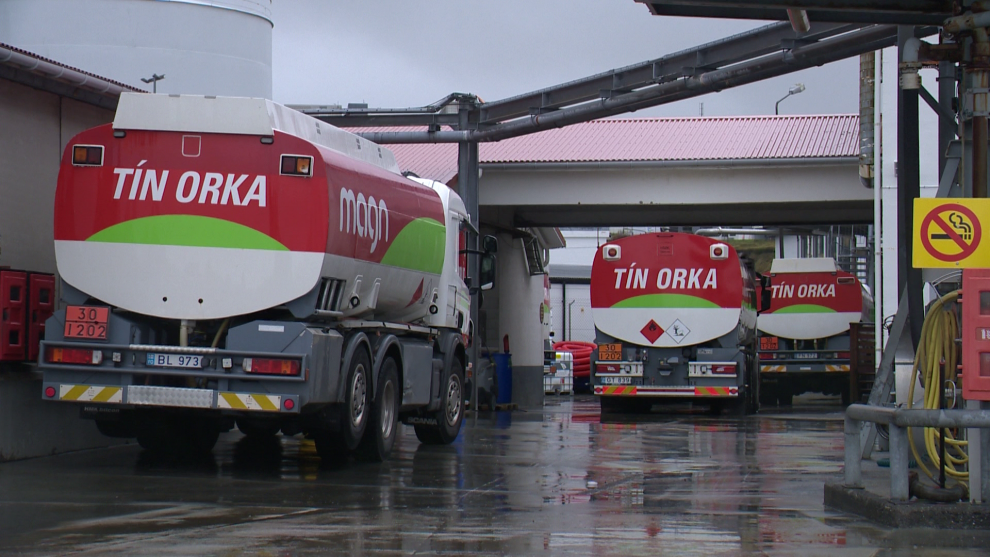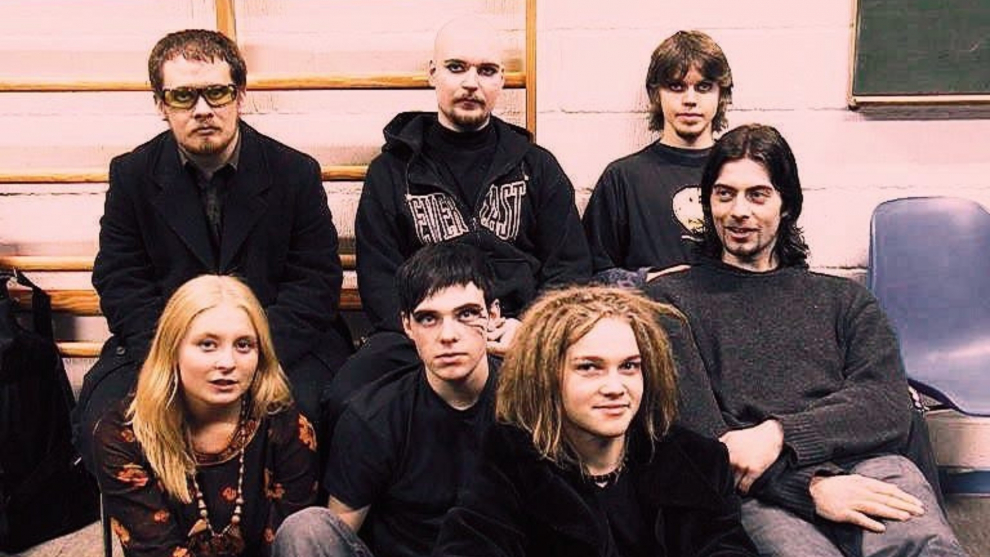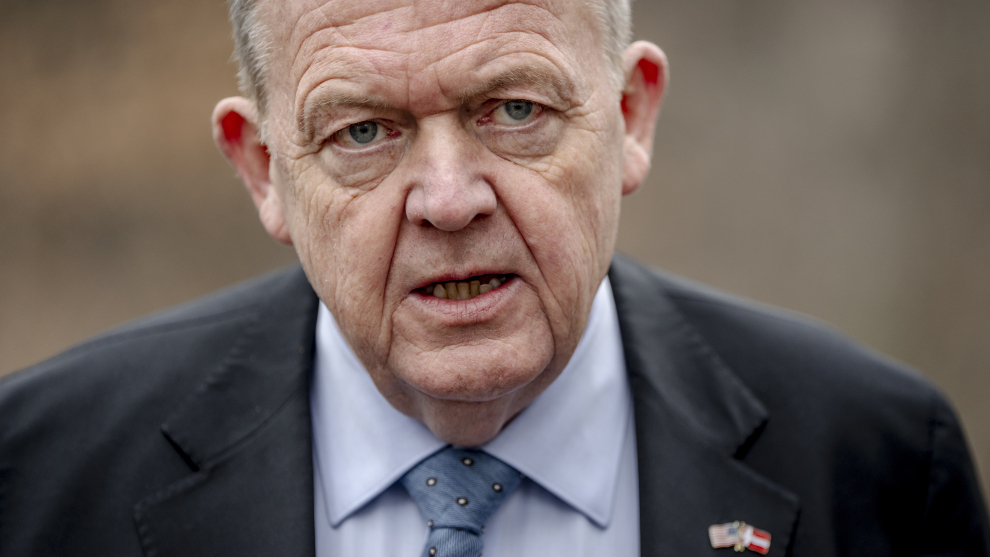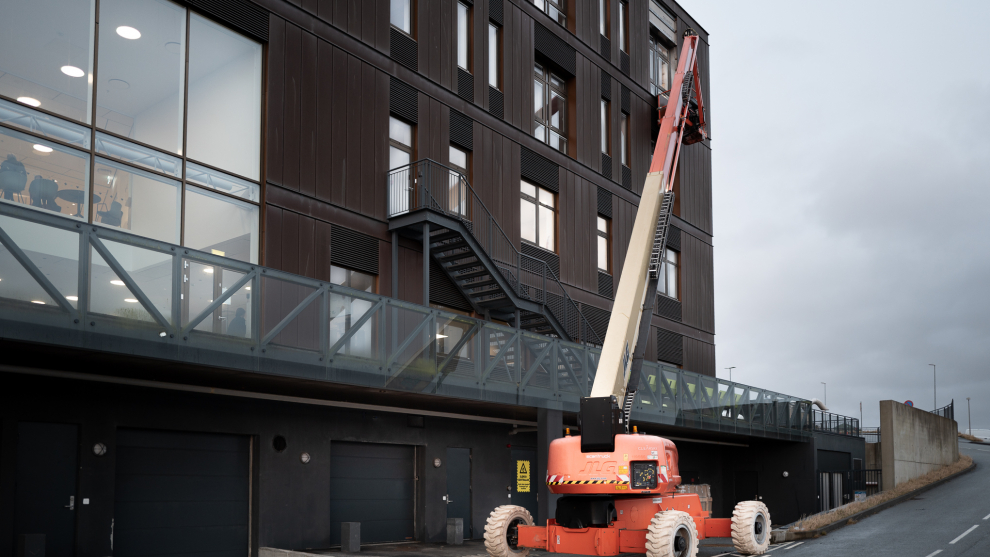- Tíðindi, mentan og ítróttur
Further lifting of lockdown measures announced

The authorities announced the details of a further easing of the lockdown at a press conference this morning.
Speaking at the conference were Prime Minister Bárður á Steig Nielsen, police chief and chairman of the epidemic commission Michael Boolsen and consultant doctor Bjarni á Steig.
Below are the highlights of the press conference.
The Prime Minister started the press conference by thanking the public for respecting the guidelines about social distancing and hygiene, adding that this is the key reason why we now only have three active corona cases in the country.
Foreign travellers are discouraged from coming to the Faroes from now until 30 June. The authorities will not impose mandatory quarantine on incoming travellers, but health authorities will be keeping a close eye on whether these people adhere to the recommended 14-day quarantine measures. If it is deemed necessary, the government will seek authority to impose mandatory quarantine on incoming travellers.
>> SEE ALSO No mandatory quarantine despite growing pressure
Primary schools will be taking in more classes in the coming weeks, with fourth graders starting on 4 May, fifth graders on 11 May and ninth graders on 18 May. Other year groups will continue with home schooling until further notice.
Hairdressers, dentists, physiotherapists, beauty therapists, opticians and other professions involving close physical proximity can resume their activities under carefully controlled conditions on 4 May.
Restaurants and cafes can open under carefully controlled conditions. The recommended 10pm closing time for restaurants, cafes, bars and nightclubs still applies.
No festivals or other mass cultural events should be held until 30 June.
>> SEE ALSO Lockdown gradually lifted
From Monday, people will be allowed to gather in groups of up to 50. In churches and other religious gatherings, groups of up to 100 are allowed. The existing guidelines on social distancing and hygiene still apply.
The authorities are working hard to ensure that all children can return to daycare as soon as possible. These efforts include finding additional premises for daycare centres with space shortage due to social distancing measures.
Visiting principles in elderly care homes will be gradually relaxed in an effort to reestablish a meaningful daily life for the elderly people. Detailed recommendations will be issued by the Municipalities Association (Kommunufelagið) on 8 May.
>> SEE ALSO Prime Minister defends decision to ease lockdown
Public sector employees are, where possible, encouraged to go back to work at their workplace.
The National Museum, the National Art Gallery and libraries across the country can reopen on 4 May under carefully controlled circumstances.
Sports leagues can resume on 9 May under carefully controlled circumstances and without spectators.
Public transport timetables will return to normal on 8 May, though with restricted passenger numbers. See ssl.fo for further details.
The Prime Minister concluded his introductory presentation by reminding the public to continue respecting the guidelines on social distancing, hygiene and responsible behaviour.
>> SEE ALSO Q&A on how COVID-19 affects our summer plans
Consultant doctor Bjarni á Steig said that as the Faroese infection curve has now flattened, the health authorities are redirecting their focus from domestic infection to infection coming from abroad. With the number of local people in quarantine approaching zero, the authorities will now look closer at incoming travellers who go into quarantine. Official figures on quarantine for arrivals will soon be available.
Police chief Michael Boolsen emphasised that social distancing remains the strongest weapon we have in the fight against the coronavirus. He urged the public to continue practicing social distancing even though the spring weather may make this more difficult.
>> SEE ALSO Experts predict prolonged lockdown
He pointed out that the epidemic commission bases its decisions on health principles, whereas the government has additional matters to take into account, which is why there is nothing wrong and strange about hearing different and seemingly incompatible perspectives in an unusual situation such as this one.
Question from the floor: there is a special system in place for health professionals, who are allowed to travel in and out of the country without having to quarantine and who subsequently undergo regular testing. Why this discrimination? Bjarni á Steig replied that testing all arrivals would result in a false sense of security because it is possible to test negative while still being infected, as it can take a few days before a test can detect the virus. He added that health professionals are tested more frequently than other people because they are in close contact with patients who are extra vulnerable to COVID-19. The Prime Minister added that there are no political obstacles to ramping up the testing, but the risk of creating a false sense of security in society is holding the health authorities back from doing so.
>> SEE ALSO PM: far too much complacency ahead of reopening
Question from the floor: how important are financial considerations in the political decisions? We are for instance seeing the restaurant business suffering massively these days. The Prime Minister replied that the authorities are working on a rescue package for the tourism industry.
Question from the floor: now that groups of up to 50 people are allowed, does that mean football matches can have spectators? The Prime Minister replied that all sports events ought to be held without spectators until further notice. >> SEE ALSO Corona situation under control despite new case http://kvf.fo/greinar/2020/04/20/corona-situation-under-control-despite-...
Question from the floor: is it still the case that incoming passengers can quarantine together with other household members while the rest of the household can leave the house as they wish? Bjarni á Steig replied that sitting in complete isolation for 14 days is to be regarded as a form of punishment, which is why quarantine together with household members has been allowed so far, and assessments by the health authorities have shown that this has worked well.
Question from the floor: many of our young people will have special days such as school graduations just before 30 June, and immediately after this date, there is the popular G! festival. What’s the Prime Minister’s message to these young people? Bárður á Steig Nielsen replied that we must all learn to live with the idea that there was a time before the coronavirus, a time with the coronavirus and a time after the coronavirus. He urged the country’s youths to accept that this will be an unusual summer and that we must all learn to accept that the coronavirus will affect the lives of each and every one of us.
>> SEE ALSO Special corona strategy saves lives
The Prime Minister concluded the press conference by reminding the public that each individual’s sense of responsibility and adherence to the social distancing and hygiene guidelines is vital to the success in beating the coronavirus.
The new measures will come into force on Monday 4 May and will provisionally remain in place until 30 June unless otherwise stated.
For more information about the corona situation in the Faroe Islands, visit corona.fo
Translated by prosa.fo






